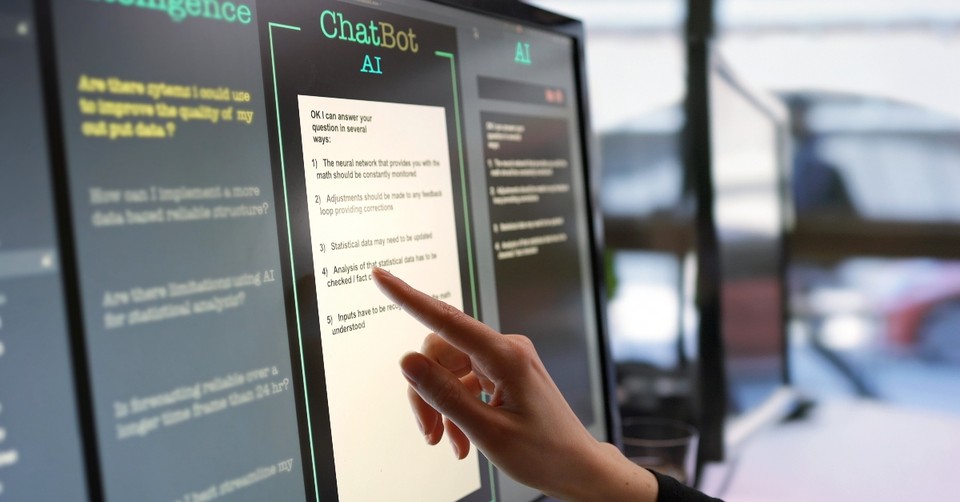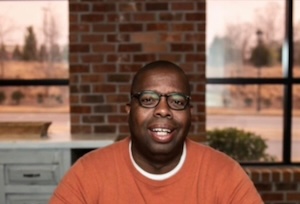Gloo’s Vision for the Future of Faith and AI Technology in the Church

Artificial Intelligence (AI) can mean different things to different people. This range of perspectives is one reason why Gloo, a technology company dedicated to serving churches, is committed to helping faith communities not only understand AI but also use it to address the evolving needs of society.
At Gloo’s headquarters in Boulder, Colorado, the excitement was palpable as 200 technologists and faith leaders gathered for a weekend-long hackathon. The competition, which offered a top prize of $275,000, aimed to create AI-driven solutions that could help churches foster what Gloo’s founder, Scott Beck, refers to as “human flourishing.” Sponsored by leading ministry technology companies, the event drew participants from around the globe, with the goal to develop AI tools to address the challenges facing today’s faith community.
A distinguished panel of judges, including Gloo CEO Scott Beck, YouVersion CTO James Chung, HelloBible CEO Eric Célérier, RightNow Media VP of Software Scott Mosley, and Global Media Outreach CTO Yvonne Carlson, evaluated the AI innovations.
Ed Stetzer, a respected figure in the faith community and a futurist, believes AI will be a major cultural disruptor. “Not since the 1960s have we seen a disruption of this magnitude,” he said, “but there’s no need for fear—only cautious optimism.” Stetzer and other leaders at the event expressed hope, especially when seeing young innovators from around the world stepping up to confront the church’s challenges with AI.
Brad Hill, Gloo’s Chief Solutions Officer, envisions AI transforming how churches operate. “For the first time in history, AI can match people’s needs and help the local church minister more effectively,” Hill said. “The church has an opportunity to rethink its entire model.”
The local church was a central theme throughout the conference, with many participants and supporters focusing on how AI could be integrated into their ministries. Gloo’s CEO and founder, Scott Beck, reflected on his journey in creating the company. “Everything I’ve done in my career has led me to this point,” Beck explained. Since launching Gloo fifteen years ago, his mission has been to support and unite local churches. While acknowledging that AI presents its own challenges, Beck views it as a valuable tool for helping churches better disciple their communities.
One example of AI’s potential is a chatbot that Gloo developed in partnership with other organizations. This chatbot can answer the question, “Who is God?” from a Biblical perspective, providing a pathway for non-believers to explore faith. Beck believes that the annual hackathon will continue, seeing it as a means of spreading the gospel. “Events like this release the collective might of the global Church,” he said.
Nick Skytland, co-founder of Quite Uncommon, shares this optimism. He believes that AI could lead to one of the most significant movements the church has ever seen. “AI could lead to the evangelistic movements of our time,” Skytland said.
For missionary Josh Muller, one of the hackathon contestants, AI’s potential to spread the gospel is already apparent. Muller, who traveled from outside the U.S. to participate, has witnessed firsthand how AI is revolutionizing missionary work, particularly in countries with large Muslim populations, such as Turkey. “It used to take up to ten years to translate the Bible,” Muller explained. “Now, with AI, it takes just a year.”
As the weekend came to a close, Brad Hill reflected on Gloo’s mission. “If the contestants leave here investing in and empowering the local church, then we’ve succeeded,” he said. “Our goal is to converge, invest in, and empower the local church.”
Photo Credit: ©iStock/Getty Images Plus/Laurence Dutton

Originally published September 24, 2024.







